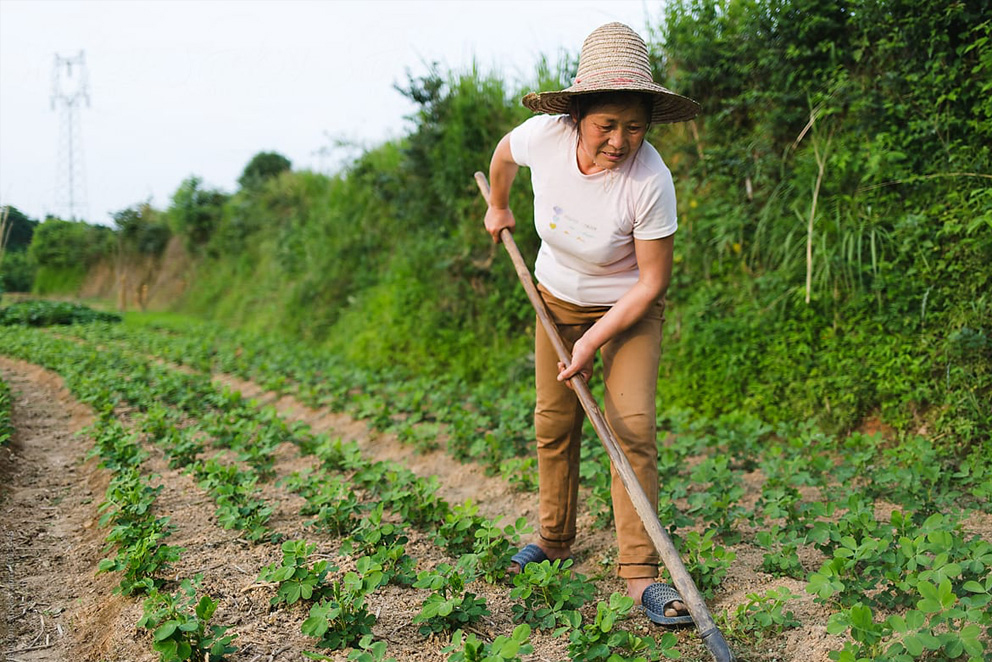Agricultural
As the economy of Madagascar is mainly based and driven on agriculture.
This agricultural field has benefited from a significant increase in foreign investment.
Madagascar is one of the world's most exporter and the largest producer of natural vanilla and having also the best quality of vanilla and cloves.
Madagascar offers also large range of investment opportunities in the agricultural field.
The main food in Madagascar is rice it is the main product agriculture in the country, which is grown on about one half of the agricultural land. Other important food crops are cassava, sweet potatoes, fresh vegetables, bananas, maize and beans. Leading export crops are vanilla, cloves, fruits, cocoa, sugarcane, coffee, sisal and cotton.Accordingly, to the annual output, the biggest industries in the country are the agricultural industry, seafood & fishing industry.
The agriculture sector is the backbone of Madagascar’s national economy,
It generates 30 to 40 % of exports and employs 80 % of Malagasy families on approximately 2.5 million of the small farms.
The three subsectors: agriculture, livestock and fishermen, are the main key to reducing poverty and improving food security. Endowed with abundant natural resources, Madagascar has exceptional potential for agricultural development. Rice production is the leading economic activity, generating livelihoods.
Like other countries in Africa undergoing rapid population growth, Madagascar struggles to raise agricultural production sufficiently to feed everyone.
Vantage International Madagascar agricultural Project’s aims is to develop agriculture through a global restoration of the agro-ecological environment, made possible through the mobilization and strengthening of a local network of service providers and the development of developed land. It also acts to improve the added value of agricultural production by supporting the community farmer incubator of agro-processing companies. It incorporates a strengthening of local authorities in their planning and territorial management capacities, so that they can guide regional development actors, in particular by relaying actions to leverage the service system reinforced by the project.
We need support of our financial partnership to:
> Support us for establishing local communities in the development and enhancement of watersheds.
> Support us for giving sufficient formation to the farmers in agro-ecological intensification and agricultural diversification.
> Help us technically to support the farmers for the emergence of a local and adapted agricultural service offer.







